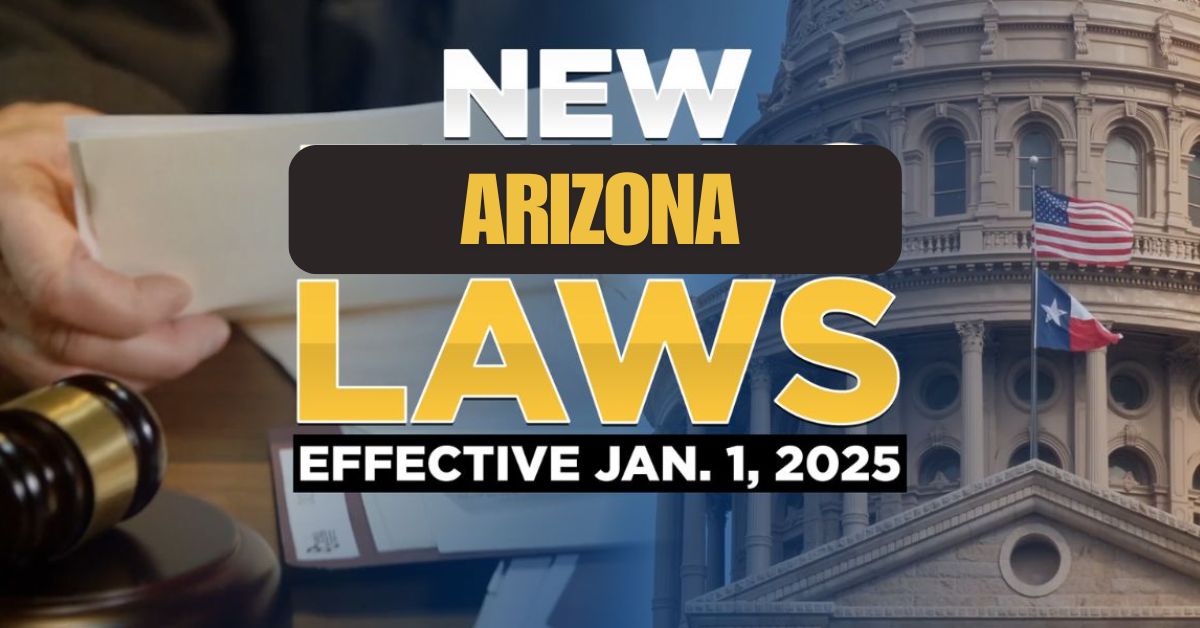As 2025 approaches, states across the U.S. are enacting new laws addressing pressing issues such as artificial intelligence, abortion, gun control, and minimum wage increases. Many of these laws stem from legislation passed this year, while others result from voter-approved ballot measures. Legal challenges accompany some of these measures, adding to the complexity of their implementation. Here’s a breakdown of key state laws taking effect in January:
Artificial Intelligence and Digital Rights
California is taking the lead in regulating artificial intelligence and safeguarding digital rights. New laws prohibit the unauthorized use of AI-generated digital replicas of Hollywood actors and performers. Estates of deceased performers can now sue for misuse of their likeness through AI.
Additionally, parents who monetize social media posts featuring their children are required to allocate a portion of earnings to the young influencers. Children will have the right to sue parents who fail to comply.
Social Media Restrictions and Free Speech Challenges
Several states are introducing social media regulations for minors:
- Florida bans children under 14 from creating social media accounts and requires parental consent for ages 14-15. However, this law faces delays due to a pending lawsuit.
- Tennessee mandates parental consent for minors to open social media accounts, a measure challenged by NetChoice, an industry group.
- States are also targeting adult content, with new laws requiring verification for viewers over 18. These efforts are facing opposition from the Free Speech Coalition.
California is also addressing political misinformation by requiring platforms to remove election-related deepfakes and permitting individuals to sue for damages caused by AI-created political ads.
School Policies on Gender Identity
California is implementing a first-of-its-kind law that bans school districts from requiring staff to notify parents if their children change their gender identity. This law, backed by Democratic lawmakers, aims to counter policies adopted by conservative districts.
Abortion Access
In response to the overturning of Roe v. Wade, Delaware will mandate abortion coverage under state employee and Medicaid plans, with no deductibles or copays. This reflects ongoing efforts to protect abortion rights in Democratic-led states.
Gun Control Measures
Minnesota has outlawed firearms with binary triggers that enable rapid fire, while Delaware has expanded gun-free zones to include colleges and universities.
Medical Marijuana Legalization
Kentucky joins the majority of U.S. states in legalizing medical marijuana. Residents can apply for a state cannabis card with certification for conditions like cancer, chronic pain, and PTSD.
Minimum Wage Increases
More than 20 states will raise their minimum wages in January. Highlights include:
- Washington, California, and Connecticut: Minimum wages exceeding $16 per hour.
- Delaware: A $1.75 increase to $15 per hour.
- Nebraska: A voter-approved $1.50 increase to $13.50 per hour.
Twenty states still adhere to the federal minimum wage of $7.25 per hour.
Travel Safety and Drug Use
In Oregon, drug use on public transit will be classified as a misdemeanor, aiming to enhance safety for passengers and drivers.
Missouri will enforce penalties for handheld cellphone use while driving, escalating from fines to potential imprisonment if violations result in injury or death. Montana remains the only state without a texting-while-driving ban.
Tax Reforms and Incentives
- Arizona: Eliminates taxes on monthly rent, benefiting tenants but reducing municipal revenue by $230 million annually.
- Alabama: Offers tax credits to businesses supporting employee childcare costs.
- Kansas: Cuts the 2% grocery sales tax, reduces individual income taxes, and exempts Social Security income from taxes, saving taxpayers an estimated $320 million annually.
Voting Rights Expansion
Oklahoma will restore voting rights to individuals with felony convictions who have completed their sentences or had them commuted, including those reclassified as misdemeanors.
These laws reflect a wide array of policy priorities, showcasing the evolving legislative landscape across the United States in 2025. Stay tuned as these measures unfold, with significant implications for residents, industries, and communities.

















































